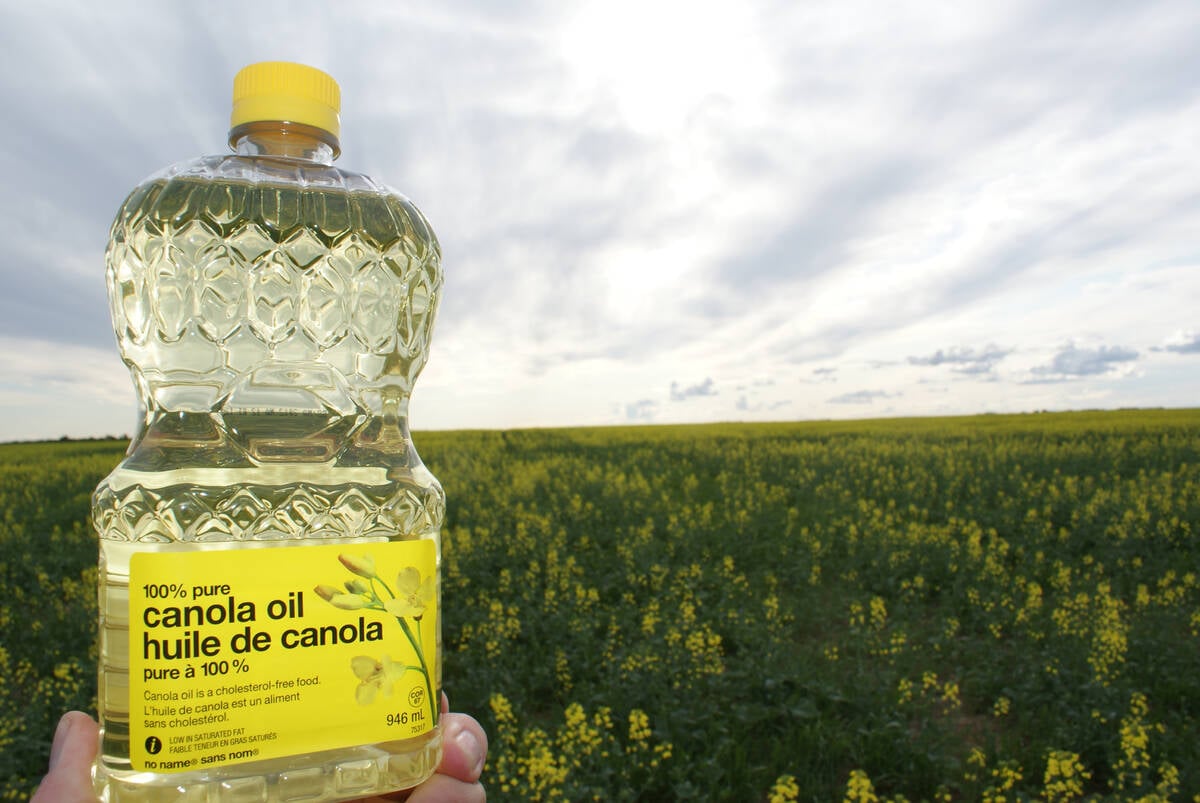China has shut its door and the canola carryout is likely to be big by historical standards, but that’s no reason to worry, say analysts.
Demand for the oilseed is strong, if quiet, and the historical standard for stocks belongs in the past.
“Maybe a million and a half tonnes is what we would view as a satisfactory number in the same light as we viewed a million tonnes five years ago,” said canola industry analyst Greg Kostal.
“I think we need a carryout of one and a half million tonnes just to accommodate the larger demand base. Maybe 1.5 million will be the new need-to-have floor.”
Read Also

Rising vegetable oil demand may offset bad biofuel news
Global biodiesel/renewable diesel production is expected to decline for the first time in a decade. Bad timing for a canola industry looking for new markets.
Kostal thinks there will be an end of crop year stockpile of 1.75 million tonnes of canola, with a range of 1.5 million to 2.25. That’s not onerous and shouldn’t hurt prices because it’s near neutral.
Last year at this time, there were fears that canola prices would be crushed by giant stocks, growing to as much as 2.6 million tonnes. But China demand ramped up, slashing the stockpile at the end of the year to 1.66 million tonnes. This year, China is out of the market, but overall demand is similarly strong.
“We don’t have that big, obvious push, but there’s enough ongoing, pick away business, value buying from all the traditional ones,” said Kostal.
Canola is cheap compared to soybeans and other competing vegetable oil crops and has found many buyers. Marketing has been complicated by several new factors, such as China’s blackleg ban, the opening of new crushers and the U.S. ban on canola meal from plants discovered to have salmonella, but seed, oil and meal are flowing quickly out of the system.
Canola meal is filling in feed rations in a number of livestock industries and even flowing to unusual offshore locations like South Korea. The seed has recently gone to unusual markets like Portugal.
“It seems to be a collection of everything,” Kostal said.
Errol Anderson of ProMarket Communications considers himself a “minor bull” for 2010-11 and thinks Chinese demand will be back.
“China’s going to be a buyer for new crop 2010-11 and we’re going to need a lot of canola,” said Anderson.
But because of unsettled world conditions, he is encouraging farmers to lock in some harvest time profitable prices if they appear.
“If guys start seeing $9 off the combine, they might want to take some of that,” said Anderson.















